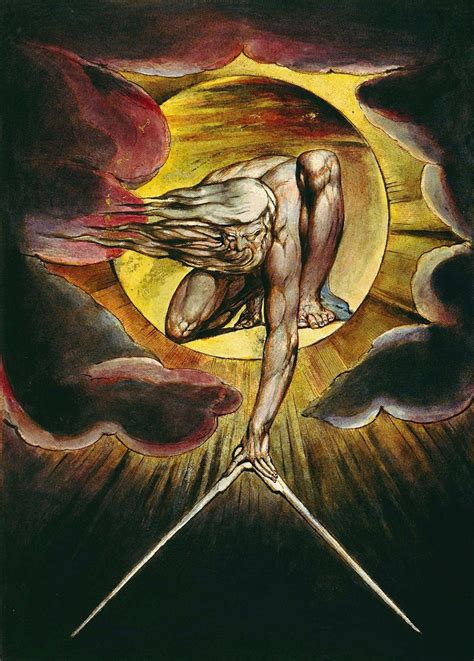
Addicted to Certainty: How Cognitive Fixations Are Breaking the Minds of a Generation
May 1, 2025Split Between Fire and Speed: Living With Two Daemons
May 9, 2025“He who desires but acts not breeds pestilence.” — William Blake
All my life, I’ve wrestled with a fundamental struggle: how to pursue my passions while fulfilling my duties to family, community, and society. It has never been easy—and it was never meant to be. Yet I have also witnessed too many people I loved, respected, and even admired wither away before my eyes. Not from age or illness alone. But because they had lost touch with the one thing that keeps the human spirit alive:
Their daemon.
Eudaimonia: The Ancient Blueprint for a Meaningful Life
Aristotle did not define happiness as mere pleasure or comfort. His term eudaimonia—so often mistranslated as “happiness”—meant flourishing, thriving, fulfilling one’s true purpose. It is not a passive state. It requires energeia—the sustained activity of the soul living in accordance with its virtues and calling.
In simple terms:
We cannot feel fulfilled unless we are doing what we were born to do.
The Daemon: Inner Compass, Not Optional
The Greeks called it the daimonion. Socrates described it as the quiet voice that warned him when he was straying from his path. Carl Jung later spoke of it as the Self, the archetype of our deeper purpose struggling to rise above the noise of conformity.
William Blake, prophet of the Romantics, gave it fire and wings. To Blake, the daemon was not a polite advisor but a rebellious, creative force—what he called the Imagination—that demanded expression in a world trying desperately to suppress it.
“I must create a system or be enslaved by another man’s.”
The daemon is not some luxury of youth or a romantic ideal. It is the core of identity. To ignore it is to become what Blake called the “spectre”—a hollow shell ruled by fear, cynicism, and habit.
The Modern Crisis: A War Against the Daemon
We now live in a world that actively undermines this vital force.
Bureaucracies reward compliance. Social media fosters envy and distraction. Politics weaponizes fear. And too many leaders—of corporations, institutions, and nations—have built power on the passive despair of people who no longer remember what moved them.
I believe—no, I know—that the sickness of our time is not primarily political, economic, or even technological. It is the spiritual sickness of people disconnected from purpose.
As Blake warned, “He who desires but acts not breeds pestilence.”
We are seeing this pestilence now—in the form of apathy, rage, extremism, and the slow erosion of community and creativity.
Balancing Passion and Responsibility: The Heroic Struggle
The solution is not to abandon family or social responsibility. The tension between duty and desire is the crucible of human life. Aristotle taught the need for phronesis—practical wisdom—to balance our inner calling with the realities of the world.
Joseph Campbell, mapping the hero’s journey, spoke of the refusal of the call as the most dangerous moment in a person’s story. The challenge is not to obliterate this tension, but to walk it with courage.
“The road of excess leads to the palace of wisdom.” — Blake
Excess here does not mean recklessness. It means radical commitment to the daemon’s call, even when the world misunderstands or resists.
A Moral Imperative: Rekindling the Daemon
At this stage in my life, I believe something even stronger:
Acting on passion is no longer a personal luxury. It is a moral imperative.
In times when soulless forces try to dictate what we think, feel, and create, following your daemon becomes an act of resistance—not just for yourself, but for the health of society.
We need more than “self-care” or escapism.
We need men and women who live fully, boldly, and creatively—
Who choose purpose over fear.
Who accept the struggle and walk the path anyway.
That is eudaimonia. That is the daemonic life.
And it is needed now more than ever.
